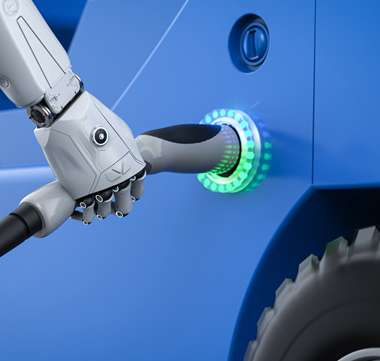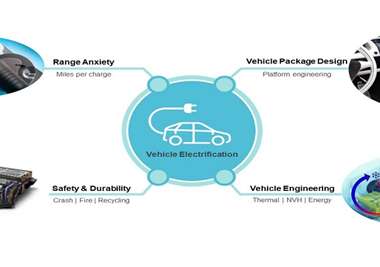The world of electric vehicles (EVs) is witnessing a groundbreaking transformation with the rapid advancement of wireless charging technology. This cutting-edge innovation has the potential to reshape the landscape of transportation by enhancing user convenience and charging efficiency.
Development of Wireless Charging for EVs
Wireless charging for EVs is the culmination of years of research and development aimed at eliminating the inconveniences associated with traditional plug-in charging. The system utilizes electromagnetic fields to transfer energy from a charging pad to the vehicle’s battery, without the need for any physical connections. The development of wireless charging technology has primarily focused on increasing charging speeds and efficiency, ensuring seamless integration with EVs, and ensuring the safety of users and the environment.
Benefits of Wireless Charging Technology
- Better Convenience
The convenience of wireless charging for EVs eliminates cord fumbling; just park the vehicle over the charging pad for automatic charging, ideal for those with mobility challenges and adverse weather.
- Smooth Charging Experience
With wireless charging, EV owners can say goodbye to multiple charging standards and connectors. The technology works across different EV models, making the charging infrastructure uniform and easily accessible to all users. This standardization fosters greater adoption of EVs and encourages their integration into mainstream transportation.
- Enhanced Energy Efficiency
Wireless charging systems are designed to optimize energy transfer, minimizing energy loss during the charging process. This efficiency translates to a reduction in power consumption and ensures that more energy goes directly into the EV’s battery, thus improving overall energy utilization.
- Reduce Environmental Impact
Wireless charging technology has a positive environmental impact by promoting the adoption of electric vehicles, which are more energy-efficient and emit fewer greenhouse gases than their internal combustion engine counterparts. By encouraging the use of clean energy sources for charging, the carbon footprint of EVs can be further minimized.
Conclusion
Wireless charging technology is transforming electric mobility, driving the industry towards a future of enhanced convenience and efficiency. Its ongoing evolution promises to revolutionize EV charging, improve user experience, streamline infrastructure, and promote environmental sustainability. For more information and to experience this ground-breaking technology first-hand, don’t miss the opportunity to attend the AutoEV India Expo, where you can explore the latest advancements and engage in research and development.



